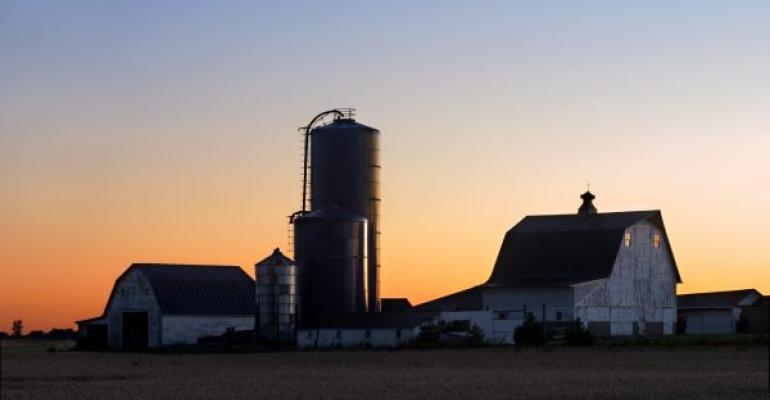
It doesn’t matter if the farm is in Alberta, Canada, the Great Plains or the South. The 2019 season was just plain tough. Some places were too dry, many were too wet, and farms had to learn new tricks on the fly. There were mistakes and some of them too costly to repeat next year.
If there were any weaknesses in leadership, management, or processes, it showed up in 2019.
Have you ever found your farm team repeating the same mistakes year after year? The equipment isn’t ready on time, the tractor gets stuck in the same wet spot each year, the sprayer operator repeats mixing errors, the same bearing overheats and starts a fire. The list is endless.
As the owner and farm executive you carry the history and answers in your head, but you can’t remember them from previous years until it’s too late. The areas that worked well also don’t get enough attention either. In summary, the successes and failures aren’t analyzed, and so neither area sees improvement.
Military tips
Farmers can take a page from the military and other industries by using a debrief. The debrief simply captures important tips, tricks, successes and failures in one spot to use in the next season.
A debrief captures what worked and what didn’t work. Documenting this allows you to build a library of knowledge that can be passed down year after year.
The quick fix for melting the snow from the combine? In the debrief. The best way to set up the yield monitor? In the debrief. The best way to avoid the combine fire because of trash build up? In the debrief. The truck that rolled over leaving the field? In the debrief. No personal injuries during harvest? In the debrief.
I have found farmers naturally dislike meetings, especially long, disorganized meetings that go in too many directions. A debrief is none of those if you follow the steps below.
How to run a debrief meeting.
Note: This is a collaborative meeting where you solicit ideas from everyone. It’s usually best if farm executives ask questions of the employees before voicing their own thoughts.
Who Attends? - Decide who will attend. If your farm is small invite everyone involved in actual labor. If the farm is larger invite the team leads.
The Scribe - Designate someone as the notetaker to capture all the ideas. Large whiteboards work great for this.
What Worked? – Go round robin and get feedback from everyone on what worked well. Ask the question what worked but also ask why they think it worked well. Most of the time you will get better feedback from the “why” part of the question than anything else.
Failures – Using the same techniques as above, ask what didn’t work well. Why? Don’t jump into solutions, just get everything down on paper or the whiteboard.
Now What? – Taking each of the items form the failure section, brainstorm on what to change before next season.
Forget it – Once the successes, failures and changes have been summarized by the scribe, put in in the debrief binder and forget about it. You have captured all the ideas so you can free your mind from having to store all those details in your head.
Farmers can learn a lot from other industries and in this case, debriefing comes from the military. They operate in chaotic environments with stress, breakdowns, little sleep, and great danger. The parallels between the military and farming are great. They wouldn’t think of ending a mission without a debrief because it’s how they improve, and survive, when the stakes are high. You can do the same.
About the Author(s)
You May Also Like






